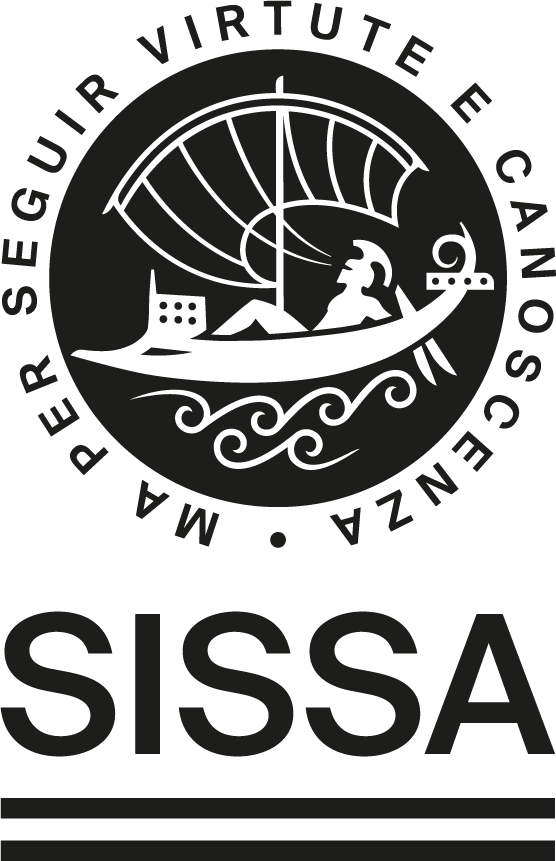- PIs: Mussardo

At extreme low temperatures and small distance scales, matter presents new physical behaviours: as the thermal agitation of atoms and molecules is reduced, the elusive quantum world — usually hidden at higher temperatures — takes the entire stage. Understanding, controlling and manipulating quantum matter in such conditions is not only a fundamental problem in physics — interconnecting fields such as condensed matter, statistical and high energy physics, as well as quantum information — but it also opens the way to a variety of potential applications, like nano- devices, with an expected high impact in the realm of quantum technologies which is the target of several international flagship projects.
Quantum physics, in particular, profoundly alters the characters of information processing and digital computation. Since the universe is quantum mechanical, it is clear that classical ideas about information would need revision under the new physics. This development offers both to physicists and mathematicians a superbly new way of using and thinking about the nature of the physical laws, in particular quantum mechanics provides a surprising demonstration that the abstract structure of computation cannot be divorced from the physics governing the devices that perform the computation. Moreover, fundamental questions concerning the nature of the space-time finds a natural and elegant formulation in terms of concepts such as quantum entanglement and complexity. Finally the possibility of experimentally testing and implementing these new ideas in a large variety of physical platforms, makes a compelling case for considering the quantum view as the fundamental key enabling technology of the future. In this respect, an important scientific area consists of number theory, both for pragmatical purposes but also for fundamental questions.
Presently the main lines of research consist of: (a) the development of quantum algorithms in the area of number theory, such as primality tests and integer factorization in terms of quantum mechanical potentials realized by optical traps and projective quantum measurements; (b) the development of quantum algorithms for combinatorial optimization of hard-complexity problems in terms of interacting quantum circuits; (c) the digital implementation of quantum algorithms for the study of the dynamics of bosonic and/or fermionic quantum field theories.

